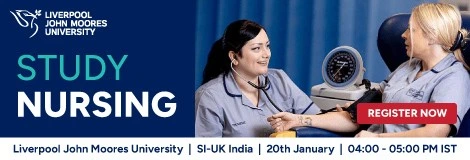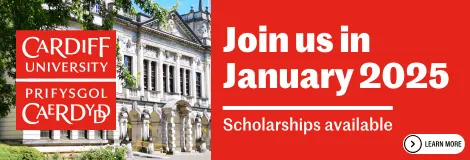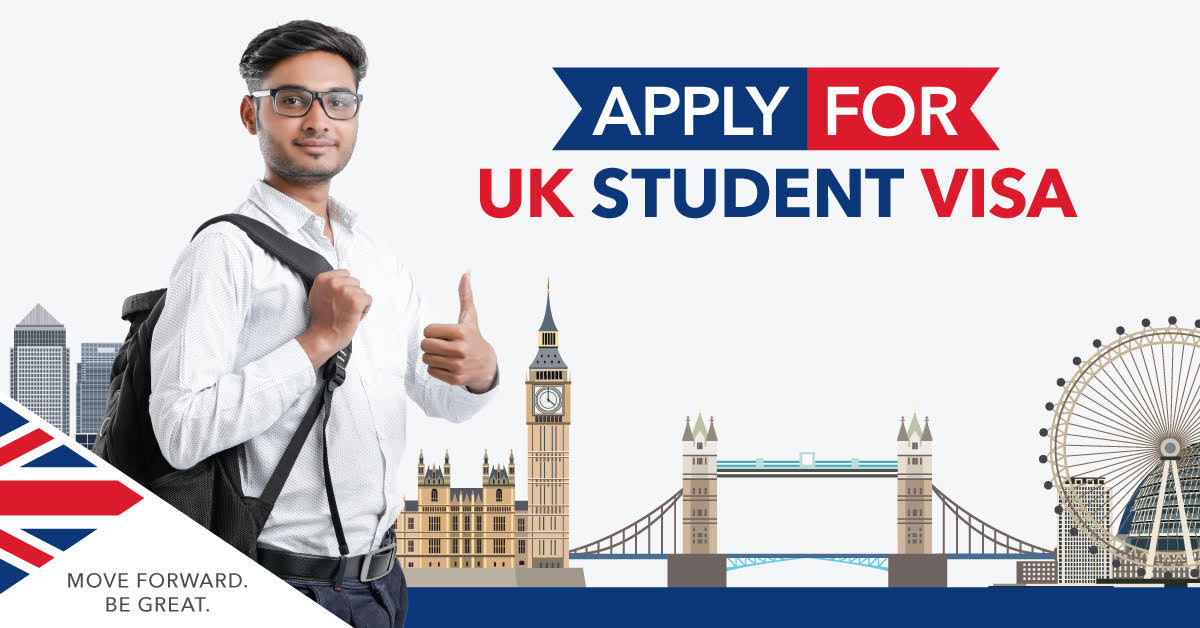Are you planning to begin your UK student visa application for 2025 entry?
For a first-time student joining a UK university, applying for a UK Student Visa can become daunting. Students have numerous doubts and questions regarding the documents to be submitted, the visa processing time, questions on how to apply, what is the visa application fee and how to access the new graduate immigration route visa to continue to stay back and work in the UK post studies.
SI-UK has an expert team of UK visa consultants who can provide you with the latest updates on UK travel implications for Indian students in September and help you submit your UK Student Visa application without error.
See a list of the most frequently asked questions on UK student visas and the new Graduate Immigration Route below and arrange a free consultation with SI-UK India to get your UK student visa application for September intake started today.
UK Student Visa and Post Study Graduate Route Visa FAQ
1. What is the visa processing time?
The average visa processing time UKVI takes is three weeks or 15 working days. A student is highly likely to get his/her visa decision in time for travel as long as the application is made in time, considering the average processing period.
2. Is a visa required for part-time studies in the UK?
Yes. However, engaging in part-time studies restricts the opportunity to work in the UK or transition to a full-time student visa.
3. Will I be eligible for the PSW benefits and GIR?
The UK government's most recent update on the Graduate immigration Route indicates that all international students enrolled in the September intake are eligible for the New Graduate route visa post-studies and avail the benefits of a two-year post-study work visa and stay-back options.
4. When is the best time to apply for my visa?
The best time to apply for a Student or Child visa is six months before your course start date. However, as stated on your CAS, you cannot apply more than three months before the course start date.
5. Can the CAS be utilised more than once?
No, each visa application is associated with a distinct CAS number, making it ineligible for reuse. CAS numbers are valid for six months from the date of issuance. In case of a visa application refusal, it is advisable to contact the relevant authorities for further guidance.
6. Do I need to collect the Biometric Residence Permit Card?
All students must collect their Biometric Residence Permit upon arrival in the UK. Students must collect the BRP cards within 10 days of arrival under normal circumstances.
7. How do I apply for my UK student visa?
To apply for a UK student visa, you must carefully fill out the UK visa application and provide all the necessary supporting documents and financial proof. While the visa application is submitted online, students must visit the designated visa application centre in person on the given appointment day for a visa interview.
8. What is the amount of living costs that students must show per month for a student visa application?
The amount of living costs that students must show for a UK student visa application is:
- £1,334 per month for study in London
- £1,023 per month for study outside London
9. Who is eligible for the Graduate Route?
Eligibility for the Graduate Route requires completing a qualifying degree programme at a UK higher education institution, covering undergraduate, postgraduate, and doctoral degrees.
10. What are the application requirements for the graduate route?
Applicants must provide proof of identity, evidence of the qualifying degree, and confirmation of successful completion of studies. The application can be made once the university notifies the Home Office of the course completion, without waiting for graduation or the issuance of a certificate.
11. How long can I stay in the UK without a short-term study visa?
When applying for a short-term study visa to pursue an English language course in the UK, individuals can remain in the country for the entire course. It's important to know that this visa is specifically designed for English language courses lasting longer than six months but not exceeding 11 months.
12. Can dependents be brought along?
From January 2024, international students in the UK will no longer be allowed to bring dependents on their student visas, except for those enrolled in a postgraduate research programme. Additionally, it's important to note that after July 17, foreign students cannot switch to a work route visa unless they have completed their studies.
13. Do I need an ATAS certificate?
For students intending to pursue a taught or research master's, the necessity of an ATAS certificate depends on the course type. To determine this, students should contact their Higher Education Institution (HEI) to ascertain whether an ATAS certificate is required for their specific course.
14. Is the Graduate Route extendable?
The Graduate Route is not extendable, being granted for a fixed period of two years (or three for PhD holders). However, individuals can switch to other visa categories within this timeframe if they meet the requirements.
15. Can I switch to other work visas after the Graduate Route?
Upon completing the Graduate Route, individuals can switch to other work visas, like the Skilled Worker Visa, provided they secure a job with an employer willing to sponsor their visa.
16. Can the Partner Route be pursued on a Graduate Visa?
Marriage to a British citizen or a settled person allows individuals to switch to the Partner Route.
17. Can the Graduate Route be applied for outside the UK?
No, the application for the Graduate Route must be made within the UK.
18. Can freelance or self-employment be pursued on the Graduate Route?
Yes, the Graduate Route permits working as a freelancer or being self-employed, offering flexibility in employment options.
19. What are the benefits of the Graduate Route?
The Graduate Route provides opportunities to gain work experience in the UK job market, explore diverse career options, and potentially secure a work visa in a different category. Travelling abroad and returning to the UK under this route is also allowed.
20. Can studies be pursued with a Graduate Visa?
Pursuing studies with a Graduate visa is limited to programmes not qualifying for a Student visa. For eligible courses, extending the existing Student visa is an option. Additionally, involvement in studies or research on sensitive subjects may necessitate obtaining an Academic Technology Approval Scheme (ATAS) certificate.
Apply for a UK Student visa with SI-UK
SI-UK provides free advice and support for Indian students applying to UK universities. With a 98% success record, we have placed hundreds of students into UK universities through our exclusive services. Applying with SI-UK’s Student Visa Service can help you secure a study visa in time to start your UK university education and increase your likelihood of success.




 I sincerely thank SI-UK for getting me accepted to UCL. The MSc in Urban Development and Planning is extremely competitive, but the right guidance provided by SI-UK made my dream of studying at University College London a reality. The services were exceptional from beginning to end.
I sincerely thank SI-UK for getting me accepted to UCL. The MSc in Urban Development and Planning is extremely competitive, but the right guidance provided by SI-UK made my dream of studying at University College London a reality. The services were exceptional from beginning to end. 

